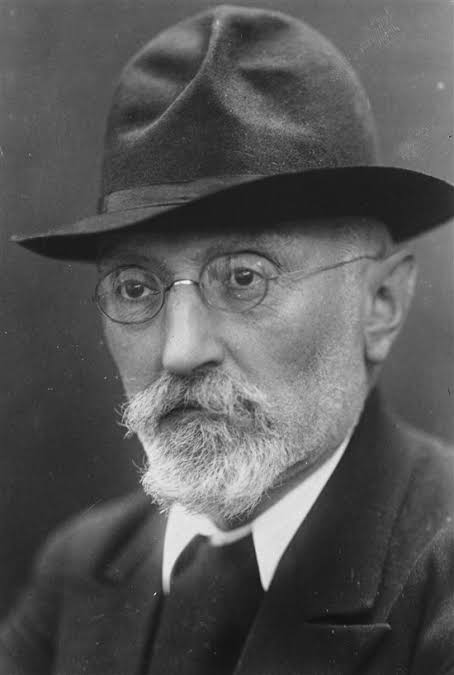While looking for something to read in my library, I cam across Miguel de Unamuno’s The Tragic Sense of Life. Many people have heard of it, but few have read it. I think I looked at it years ago, but did not read it through.
I turned to the index to look for a promising chapter and discovered, to my surprise, that chapter 10 was on universal salvation, specifically the apokatastasis (the return of all things to God) and the anacephalosis (the recapitulation of all things in Christ).
Unamuno writes “When our Catholic theologians seek to justify rationally – or in other words, ethically – the dogma of the eternity of the pains of hell, they put forward reasons so specious, ridiculous, and childish, that it would appear impossible that they should ever have obtained currency.”
If all things are recapitulated in Christ, in His mystical body, and in Him all things return to God, does this not mean that “all things shall acquire consciousness and that in his consciousness everything that has happened will come to life again, and that everything that has existed in time will be eternalized?”
“Heaven, so many think, is society. Just as no one can live in isolation, so no one can survive in isolation. No one can enjoy God in heaven who sees his brother suffering in hell.”
At the beginning of Mass according to the Book of Divine Worship, the priest addresses the congregation:
The Law and the Prophets: all of revelation is contained in these commandments. They are the heart of the Torah and of the New Law because they express the heart of God.
I do not see any conditions or limitation in these commandments: “you shall love your neighbor unless he goes to hell forever, in which case you can forget about him or take pleasure in his eternal torture.” The commandment to love neighbor has no limit, and more than teh commandment to love God has.

